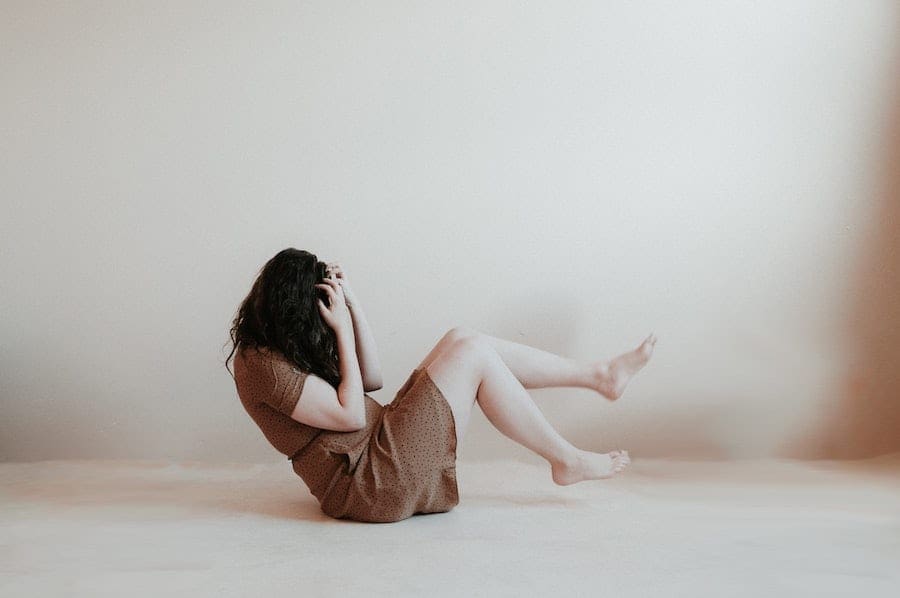Full Disclosure: Clicking on these links could mean a tiny commission for me, at no extra cost to you.
At a time when stress and anxiety are at an all-time high, you might start to think about turning to some unhealthy habits to calm yourself. For many, that could mean consuming more alcohol than normal. So many people make the mistake of self-medicating with alcohol to calm anxiety or ease depression. But the truth of the matter is that alcohol can worsen these conditions, especially when casual consumption turns to addiction. And if you’re already taking medication for anxiety, drinking alcohol can have serious consequences.
Does alcohol relieve stress?
The relationship between stress and alcohol is a complicated one. Alcohol can be a tricky beast, and it does seem to relieve stress in the short term. But once that buzz wears off, you may be worse off than before you took that drink.
Alcohol is a sedative and depressant that works on your central nervous system. When you start feeling a buzz, alcohol is actually working to inhibit your fears and weaken your worries. It gives you a temporary boost in confidence, mood, and relaxation. In this way, it feels a lot like many anti-anxiety medications.
And, in truth, it’s not dangerous when you drink alcohol in moderation.
The real problem kicks in when you begin to build a tolerance to alcohol’s de-stressing effects.
And this will inevitably happen when you drink regularly.
When your blood alcohol level (BAC) is on the rise, you’re feeling all the relaxation and mood-elevating effects. But when your BAC drops (after you stop drinking), those feelings of relaxation and excitement fall too. And this can lead to feelings of depression and anxiety.
And when you build a tolerance, most people simply add more alcohol to get the same effect. So over time, you will experience physical and mental consequences. Too much alcohol can lead to loss of memory and brain and liver damage. And these issues are a secondary cause of anxiety.
How alcohol worsens anxiety
Alcohol messes with the balance of neurotransmitters like serotonin in the brain, and this is what causes those feelings of anxiety when you stop drinking. When you awaken after a night of heavy drinking, you’re likely to feel these effects firsthand.
This can last for several hours or even an entire day after drinking.
During your hangover, you’ll probably experience or grapple with some regret. Because alcohol lowers inhibitions, you’re likely to act differently than you would otherwise. When you’ve been drinking, you may do or say things that you’ll stress over the next day. And that only adds to the anxiety you’ll feel when your body and mind is recovering from one too many drinks.
Alcohol and social anxiety disorder
According to the Anxiety and Depression Association of America (ADAA), about 7 percent of Americans suffer from a social anxiety disorder. And, unfortunately, it’s common for people with social anxiety disorders to self-medicate with alcohol. Because alcohol lowers inhibitions, a few drinks before a social event can relieve some of your anxiety and quell some of your fears.
But as we’ve discussed above, you’re essentially trading time and potentially worsening your anxiety in the long run.
If you think you may be suffering from alcohol dependence, look for the following signs:
- You need alcohol in the morning
- You drink heavily four or more days per week
- You have trouble taking breaks from alcohol
When the above signs are present in your life, you may need professional help to stop drinking. Alcohol withdrawal can lead to more anxiety and possibly physical withdrawal symptoms. This is why it’s best to detox in the care of a professional.
If you’re feeling anxious, know that there are natural ways to address your issues. Alcohol may seem appealing in the short term, but it can lead to many more issues over time.










